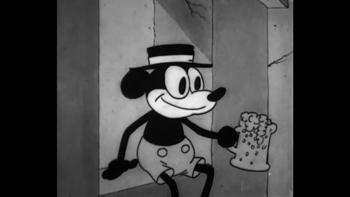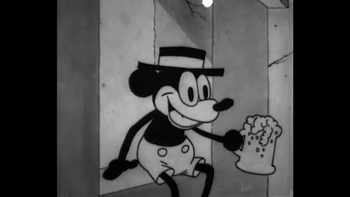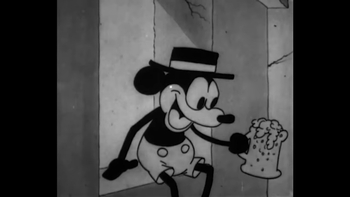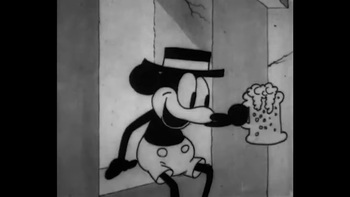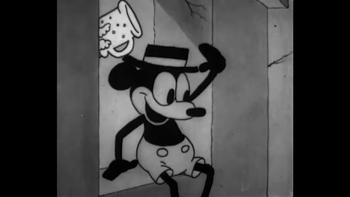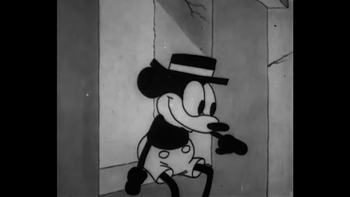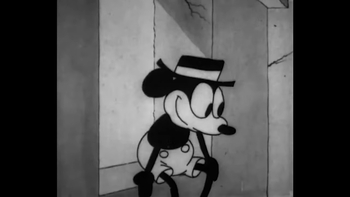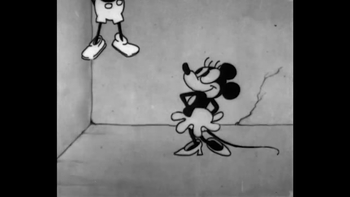↓
Overview of Lebanese Archives
After the civil war (from 1975 to 1990), Lebanon has relentlessly gone through a series of disasters, punctuated by hopes, revolts, then more disasters. The collapse of its economy in 2019, the Beirut port explosion in 2020, and then Covid, are all events that have weakened a people struggling for survival like an amnesiac chasing their memory. Events pile up so quickly that time never seems available for writing history, collective or individual, prior to the distinctions and conflicts that exist between the different religious, political, and cultural communities that inhabit this century-old country. Enclaved in a territory at war, plagued by the conflict between Israel and Hezbollah, and witnessing the annihilation of the Palestinian people in Gaza, the Lebanese have gone through yet another period of bombardment in recent months.
The announcement of the new government by President Joseph Aoun, appointing Nawaf Salam - known for his integrity and fight against corruption - to the post of Prime Minister, seems to concentrate the hopes of a large part of the Lebanese people. So « we feel a little awakening among people » Vanessa Helou confides to us. An expatriate in France, where she is pursuing her film studies at Sorbonne Nouvelle, Vanessa trained in the management and restoration of heritage films at Lobster Films before returning to live in Lebanon. Lebanese cinema is a global cinema, celebrated in its host countries, highlighted in festival programmes, and discussed in the work of researchers. But although it finds its audience in France and in the West, it is within her own country that Vanessa seeks to awaken an awareness and interest in this art with foundational powers. She continues her commitment within the Nadi Lekol Nas association, that of gathering, preserving, and sharing a filmic memory; a terroir of images of a Lebanon united by the traumas of war. Yes, but not only!
She tells us.
“My generation, the one born at the end of the war, is very committed to changing the country. Many left during or after 2006 (the Israeli-Lebanese war) and gained access to education in other countries in Europe or the USA. It is a hyper-educated generation that is aware of what the country could be like if it were less corrupt. Today, many expatriates, myself included, are returning to Lebanon, even in the middle of a war. I think we need to reconnect with our roots after the very numerous tragedies that have marked recent years between 2018 and 2025 (the October 17, 2019 revolution, the Beirut port explosion in 2020, the economic collapse, the war between Hezbollah and Israel in 2023-2024, Israeli strikes in 2025). Also, because certain ideologies do not provide people with a healthy education and we are tired of being under their tutelage. This return is a commitment not to fall into a ridiculous obscurantism and to rethink the country's economy.” In this context, Vanessa is returning to Lebanon with the project of gathering the film archives of a country that has not yet written its History from the 1960s to 1991. “Transmission from generation to generation is not or is hardly handled by schools, and each party wants to write it as it wishes. So, it is only through art that we can get real testimonies of this period. It is important to know our History to understand why we have ended up here.”
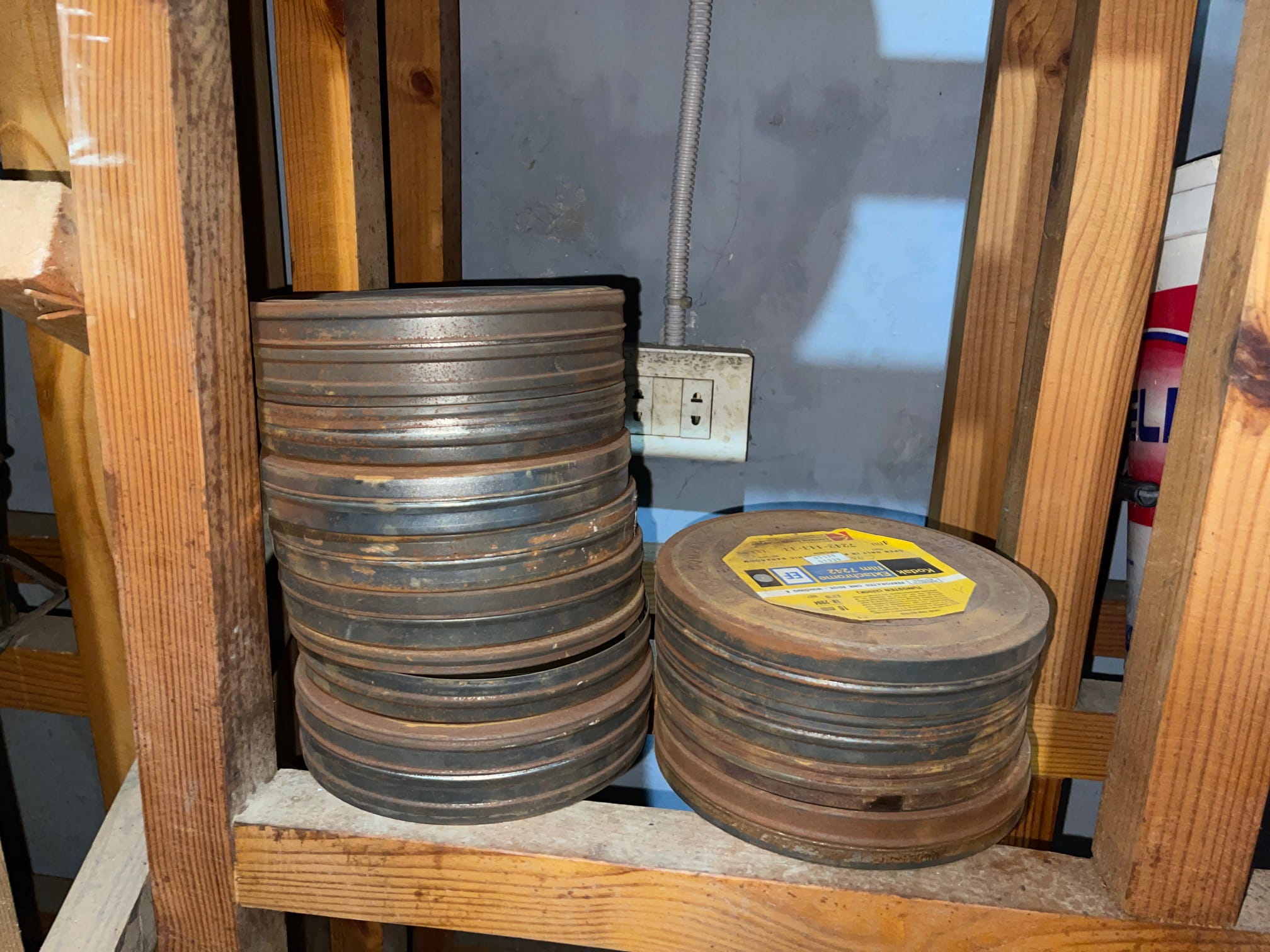
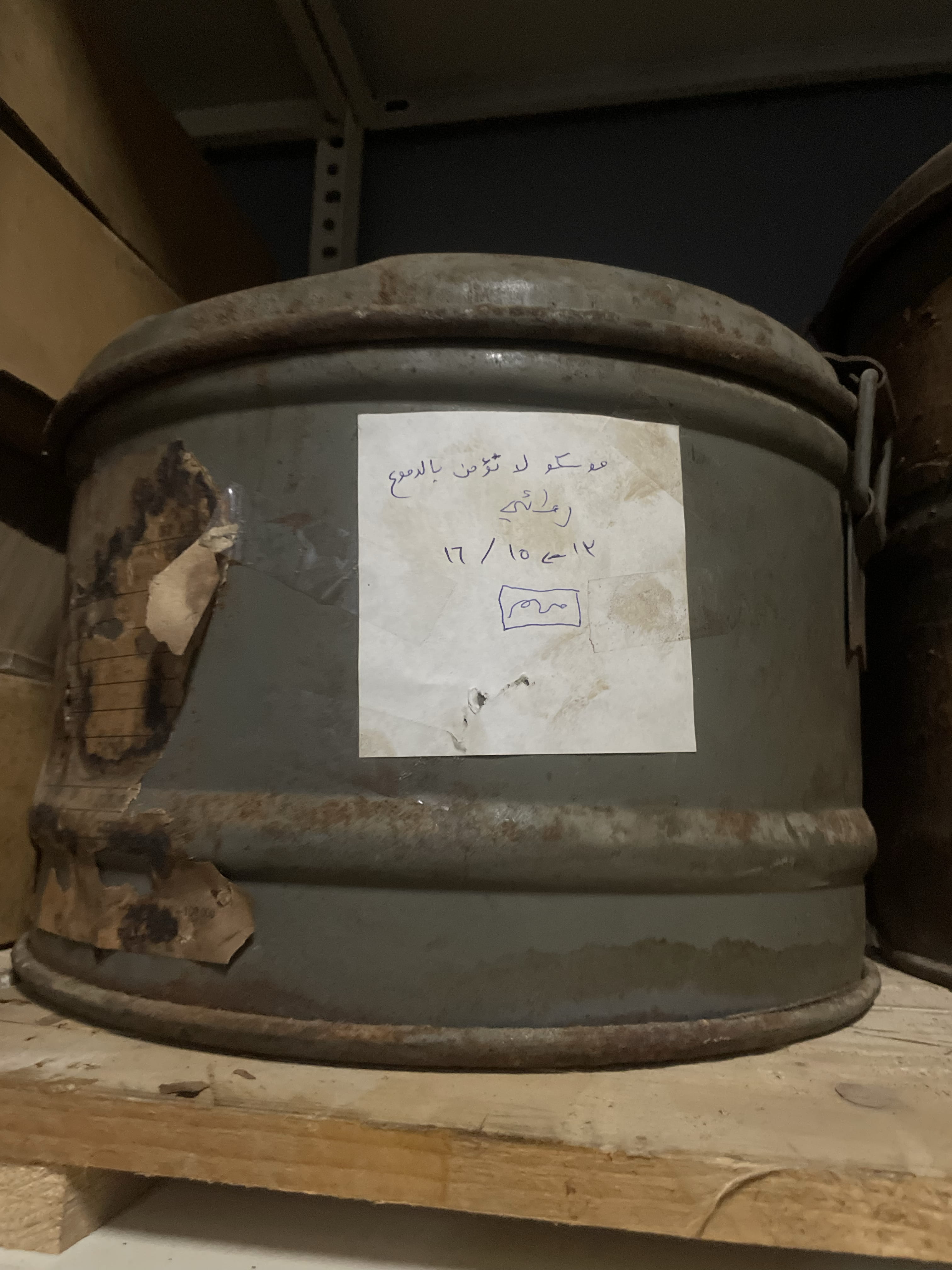
"Nadi Lekol Nas : For a shared collective memory"
« A club for all » (in English) is a non-profit association founded in 1998 by Naja al Achkar in the heart of Beirut to promote young Lebanese and Arab cinema within the Arab Short Film Festival. The association transformed into a small cinematheque when in 2013, its founder, supported by Myriam Sassine and Hala Caroline Abou Zaki, began collecting the film reels, archives, musical scores, and records that filmmakers and filmmakers' families gave him. Currently, Nadi Lekol Nas is an entity that gathers and provides access to film, pre-film, and musical archives, while also being a place for film preservation.
“The goal is to recover as many reels as possible, even though the preservation methods remain very basic due to lack of money, but also due to a lack of interest on the part of public authorities and the population. Recently, however, recent conflicts and events seem to have sparked greater interest in the country's history and its political factions. We therefore organize quite a few screenings, some free, in Beirut and outside the capital. It's important to avoid the Beirut-centric focus and decentralize, like in the south, for example, where they recently experienced a period of very intense bombardment. It's a new audience that is increasingly attending the screenings, and municipalities are more active than before in terms of valuing heritage and communicating about these events. They lend us municipal halls to organize screenings which are sometimes completely full. We observe that discussions with the film crews are often longer and more lively in the regions outside Beirut.”
![We Are All for the Fatherland (كلنا للوطن [Koulloula lil Watan]) (Lebanon 1979, Maroun Bagdadi) Nadi Lekol Nas, Beirut](/papers/lebanese-films-matter/MB_We_Are_Fatherland_1979_STILLS_shooting (3)_HR.jpg)
“I'm thinking, for example, of the last screening we held, in a small cultural venue in Beirut called Dar el Nimer, which has a small room with 90 seats. We showed a 2024 film: Wadi al Taym directed by Ramzi Rassi, a Druze filmmaker. He went to a Druze region in southern Lebanon and toured the villages. He met many people, interviewed sheikhs, mayors, etc. While we were expecting 80 people, we had to open a second room and improvise a screening because everyone from that region decided to come and see the film. They arrived in droves... to hear about themselves, their home, and their community. They were moved to see that finally someone was interested in them and their region. The film is 1 hour long and the discussion lasted 1 hour 30 minutes... And that really struck me. It was quite incredible, frankly.”
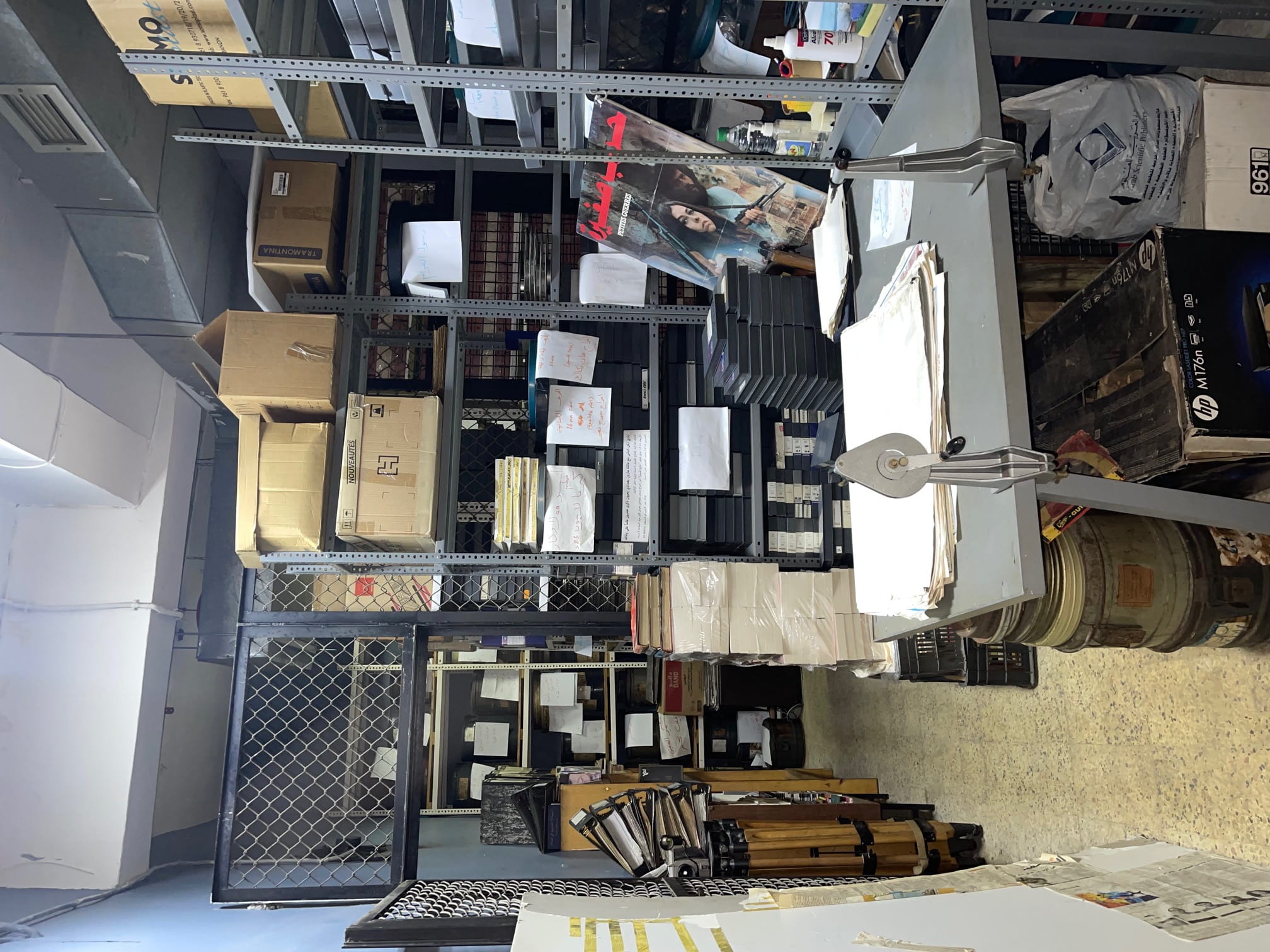
A memory struggling for survival
Collecting and preserving film reels requires know-how and technical conservation means that are difficult to implement. Engaging in this work means facing numerous obstacles, due to lack of funding and equipment. "We have dozens of reels so deteriorated that we don't even know what to do with them. There is no recovery system, no film library or CNC. Generally, since the films are not very old (1950 at the most), most of the reels are in acceptable condition, but the lack of air conditioning or ventilation and frequent power cuts quickly damage them. Also, there are only two organizations that own a scanner to digitize the films, and we cannot create DCPs either. There is, fundamentally, a lack of interest in heritage in Lebanon. We try to counter this by organizing screenings specifically around heritage. And then there is a lack of neutrality. Many political parties ask us to organize screenings and lead discussions afterwards. We are very reluctant to do so because we do not want to be associated with a party. The goal is to reach a wide audience and represent an entire society. We live on love for cinema and more or less cool water!"
“Here, we don't give memory time to be memory because it is immediately archived,” said Ghassan Salhab (director of Beyrouth Fantôme (1998), La Vallée (2014), La Rivière (2021)), but this relationship, according to Vanessa Helou, is changing:
“For a very long time, the country lived day by day, without looking ahead and ignoring all the problems. Since the 2019 protests (the thawra) and the port explosion, there has been an upheaval. We need to understand how we got here. There is a need to reconnect with memory, especially with the elders. My parents, for example, who didn't want to watch films from the 70s - 80s, have really started to take an interest in them. Perhaps because I pushed them to go to screenings, but I see them in the cinema, I see their need to reconnect with that period, with the history of a country. On the other hand, there is a whole generation, from students to thirty-somethings, whose creations are linked to memory work they did during their degree. I'm thinking particularly of Mayssa Jallad, who made a whole album about the Battle of the Hotels (Marjaa: The Battle of the Hotels, 2023. An album in which she addresses an episode of the civil war still little known to a young generation, during which several factions, including pro-Palestinians, fought from several skyscrapers) with visuals created by Ely Dagher (director of Waves '98 (2015) and Face à la mer (2021)). We realise that individual memories allow for the creation of a collective memory.”
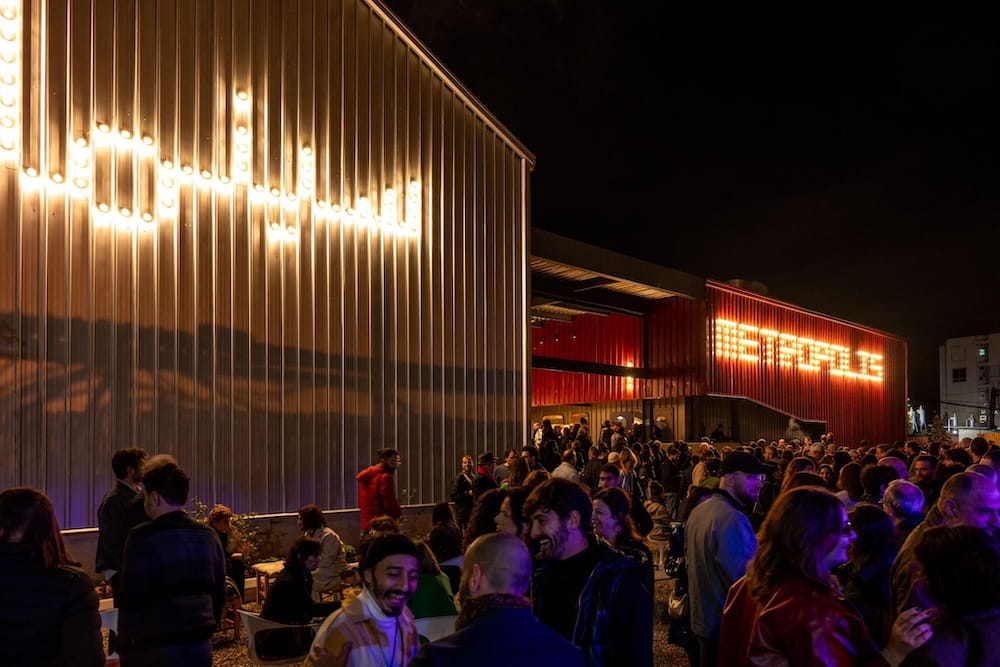
"Starting in 2019, with Covid, the port explosion, the crisis, and the war in Gaza, it’s been a cumulation of shocks. People were despondent, no one felt like fighting anymore, but at the same time, questions emerged, and a cultural scene regained its strength as soon as the ceasefire was put in place. There was also the reopening of the Metropolis (a cult cinema in Beirut focused on culture and independent and Arab films) which had closed its doors and reopened them the day after the ceasefire. A huge crowd attended the reopening, it was impressive! You can feel that there is a need to externalize something and frustrations accumulated over these past few years."
![Little Wars (حروب صغيرة [Horoub Saghira]) (Lebanon 1982, Maroun Bagdadi) Nadi Lekol Nas, Beirut](/papers/lebanese-films-matter/MB_Little_Wars_1981_POSTER_HR.jpg)
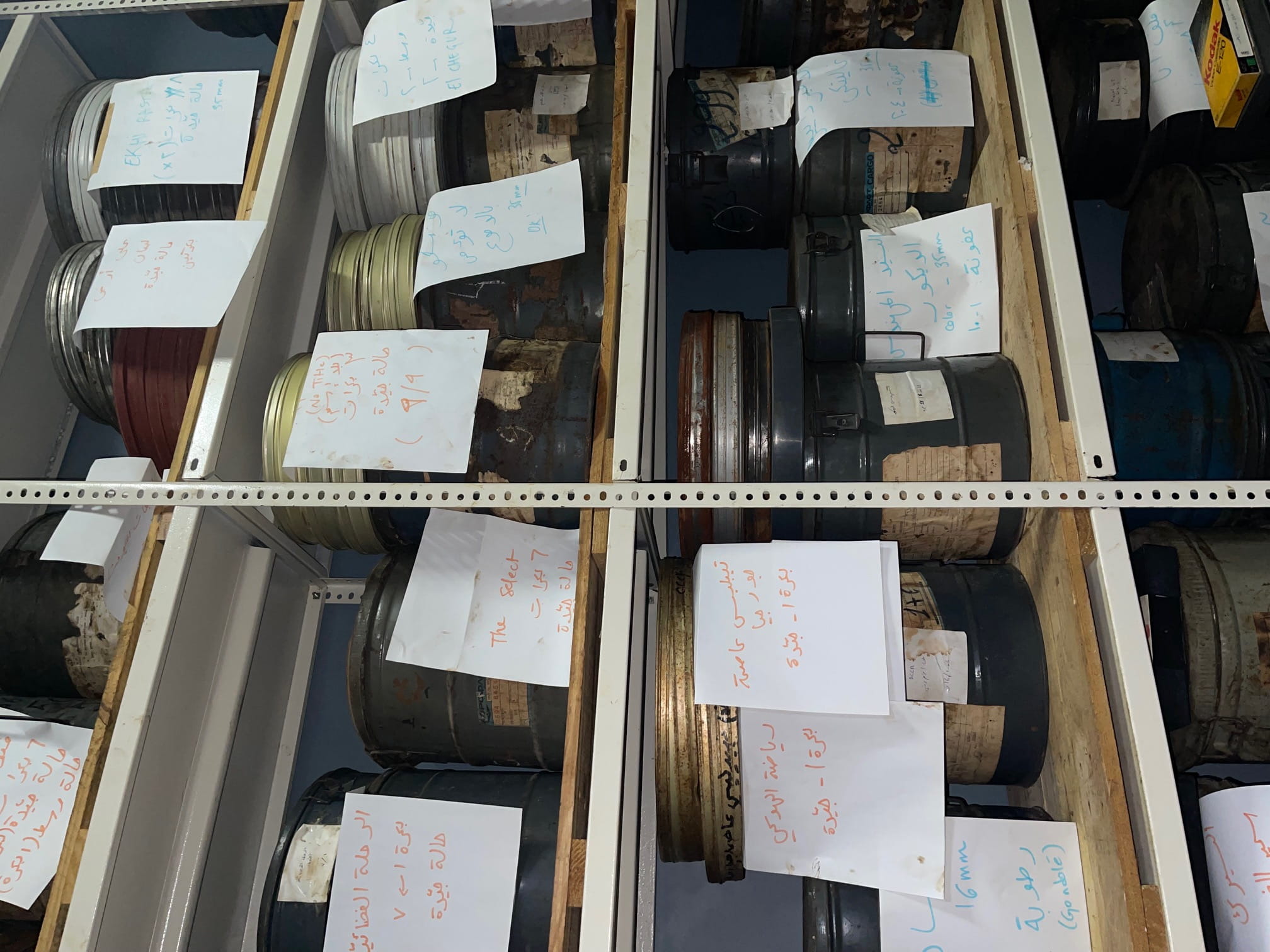
A people coming into existence
And then there is a genocide at the gates of Lebanon, and seeing a people uprooted and then annihilated created fear among Lebanese. "The possibility of being erased from History, coupled with the rhetoric often heard that Lebanon would no longer exist in 20 years, Trump and his plans to transform Gaza into the Riviera of the Middle East, the bombings in the South of the country... There is a need to assert our existence and our culture, which is very Westernized despite everything. We should be able to create our identity and our own culture without constantly being influenced by others. One of the problems in Lebanon is that we always wait for foreign powers to come and tell us what to do and how to survive. We must find our independence and detach ourselves from the West to reconnect with our Arab roots."
“Lebanese cinema is gaining a little more traction abroad and perhaps losing a bit of its identity. Films are produced largely by Westerners, so we create films for a Western audience with what they want to see of us and of Lebanon, even if the authors are Lebanese. Peoples are often poorly represented. Many films that are produced are very focused on war because that is what they want to see in France, Europe, the USA, and these are the films that receive the most funding abroad. But I feel that here, people are fed up because this people is not reduced to war and people can go through many other things. They would like to move past all these issues and start making films that don't just represent them as a wounded people. There's a guy who told me "I want to make Middle Eastern Kill Bill and nobody wants my film because it has nothing to do with the topics that get funded." I find that a bit sad because I, my culture, I don't see it only through war. And then, even in times of war, there can be moments of joy and friendship, because collective trauma still allows for very strong bonds to be created. The new directors and people coming out of film school have all decided to make films that have nothing to do with all the problems we have collectively been through lately. They are both very drawn to heritage films but also address other subjects. One is about the culture of olives in her village and the relationship with the land, another about those who read the future in coffee grounds... We need to rediscover our identity in cinema because we are losing it under the influence of the countries where we have expatriated.”
⸻
It takes a certain courage to remember and decide that the time for fear or renunciation is over. To believe in the power of new narratives, to influence the imaginary, to offer a popular cure and a collective introspection down to the roots of affect and act as the cement of a pluralistic people, of "sharing of the sensible" as Jacques Rancière used to say. Lebanon can count on a new generation, more committed than ever, to fulfill this mission, like Vanessa, to make the country's archives accessible to all without elitism or discrimination.
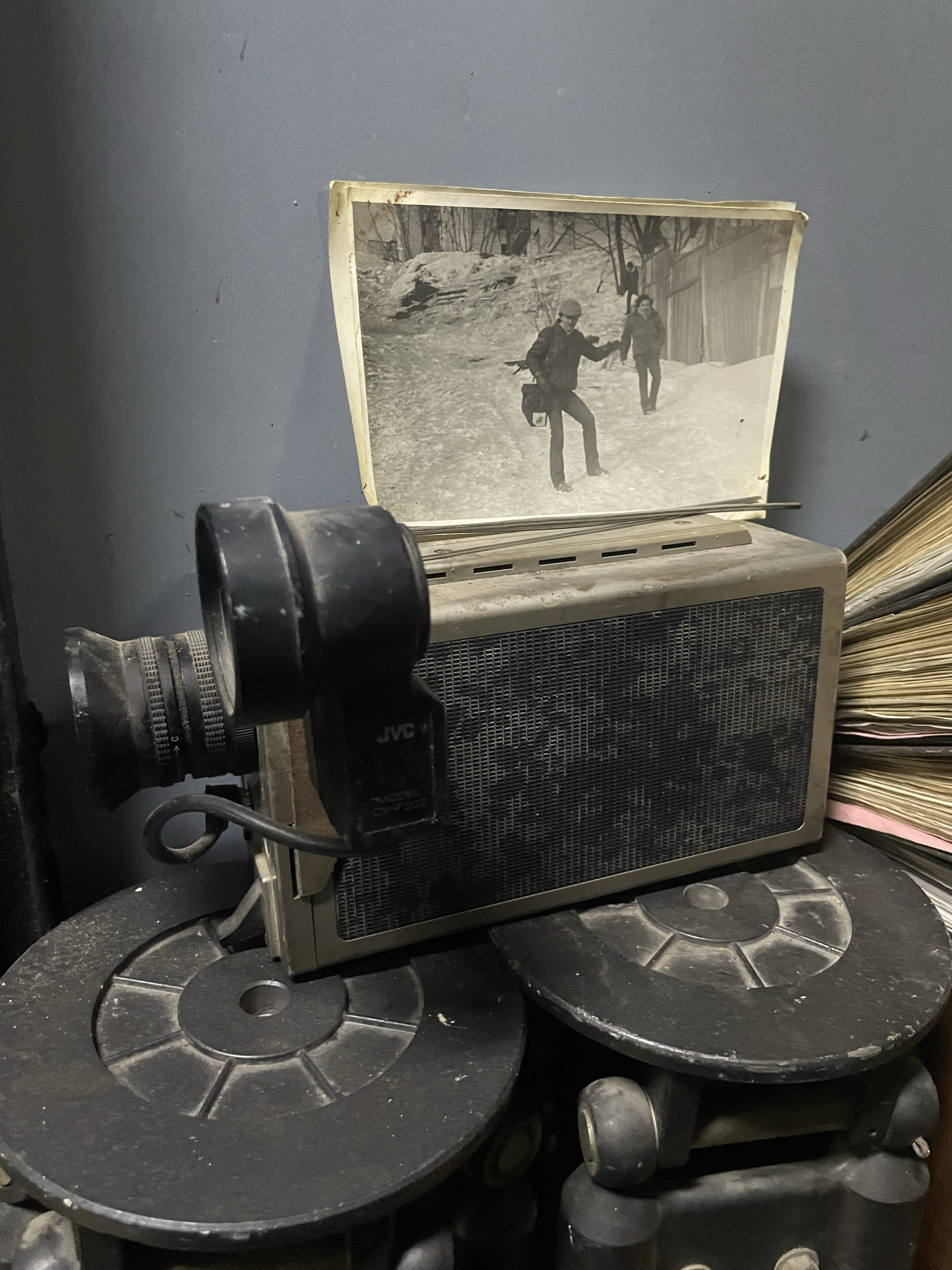
*Remarks gathered by Prudence Castelot on February 28, 2025, during the truce in Gaza. Bombings in southern Lebanon were ending.
